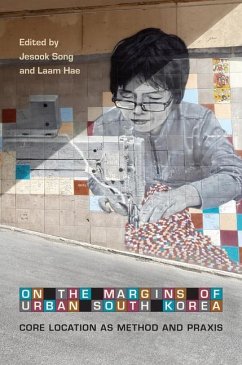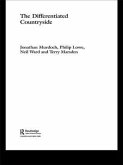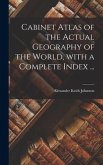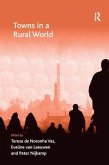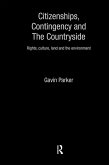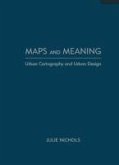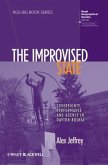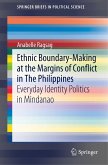This book provides a rich and illuminating account of the peripheries of urban, regional, and transnational development in South Korea. Engaging with the ideas of "core location," a term coined by Baik Young-seo, and "Asia as method," a concept with a century-old intellectual lineage in East Asia, each chapter in the volume discusses the ways in which a place can be studied in an increasingly globalized world. Examining cases set in the Jeju English Education City, anti-poverty and community activist sites, rural areas home to large numbers of migrant women, and Korea’s Chinatowns, greenbelts, and textile factories, the collection develops a relational understanding of a place as a constellation of local and global forces and processes that interact and contradict in particular ways. Each chapter also explores multiple modes of urban marginality and discusses how understanding them shapes the methods of academic praxis for social justice causes and decolonialized scholarship. This book is the outcome of several years of interdisciplinary collaborations and dialogues among scholars based in geography, architecture, anthropology, and urban politics.
Hinweis: Dieser Artikel kann nur an eine deutsche Lieferadresse ausgeliefert werden.
Hinweis: Dieser Artikel kann nur an eine deutsche Lieferadresse ausgeliefert werden.

